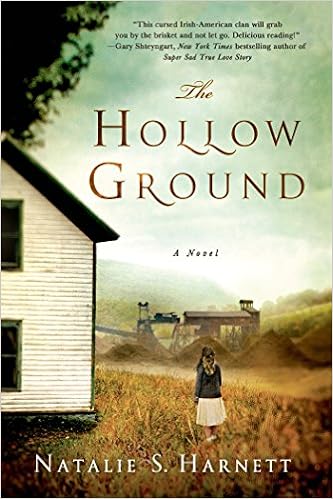For Willa Knox’s family, there has
been a perfect storm of misfortunes and losses.
The magazine she wrote for folded at the same time her tenured professor
husband, Iano, lost his job – his university has also gone under. Taking whatever job he can find nearby, they
relocate to Vineland, New Jersey, and move into a century’s old brick home inherited from
Willa’s late aunt. Alarmingly, the house
too is a “shambles” and literally falling down around them. Willa and Iano have two grown children. Bright and striving Zeke lived with his
partner, Helene, a similarly inclined British woman. After their child Aldus is born, Helene, who
is more troubled than anyone realizes, commits suicide, leaving Aldus, soon
nicknamed Dusty, in the care of his paternal parents while Zeke seeks his
fortune in a start-up in New York. He’s
deeply in debt with student loans from his ivied education. Daughter Antigone, called Tig, has also moved
back home after several years in Cuba – a free-spirit with contempt for
free-market, consumer-driven American life, she is the diametric opposite of
her successful brother. But that’s not
all! Nick, Iano’s difficult and
foul-mouthed (in both English and Greek) father, is also living with them and
is not “going gently into that good night” despite being obese, chair-bound,
and dangerously diabetic. Think they
have it bad? Well, there’s another
family who inhabited this plot of land 140 years earlier and they had their
problems too – including a falling down house.
The two families lives intertwine in alternating chapters, connected as
well by the last word or words of one chapter becoming the first in the
next. The older story involves a
fascinating real-life character, Mary Trent, who studied ferns and other plants
in the nearby Pine Barrens area and corresponded with Charles Darwin and other
scientific heavy-hitters of the time.
The fictional Thatcher Greenwood, a science teacher in the town’s school,
owner of the falling-down house, and her neighbor, becomes involved with her
life and that of the utopian town of Vineland, where Darwinism is clashing with
religion. The founder of this utopia has
some strikingly undemocratic ideas. This
novel is engaging but not one of Kingsolver’s best. Unfortunately, too much recent politics works
its way into both storylines which I found intrusive and not that well-handled. Frankly, I am reading novels to escape that….. 462 pp.

























